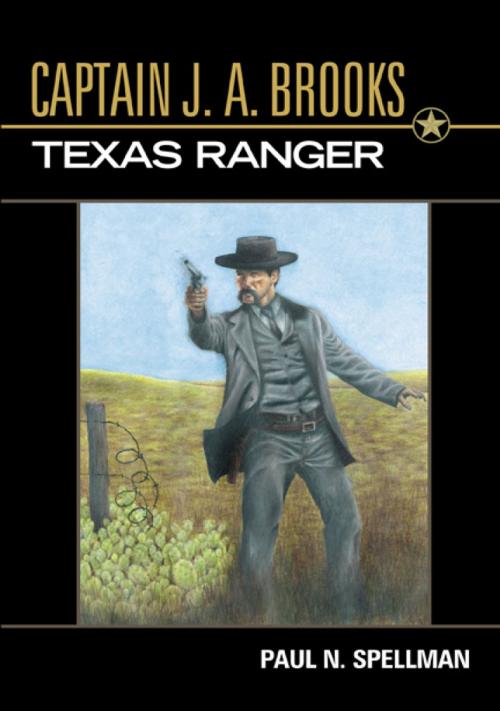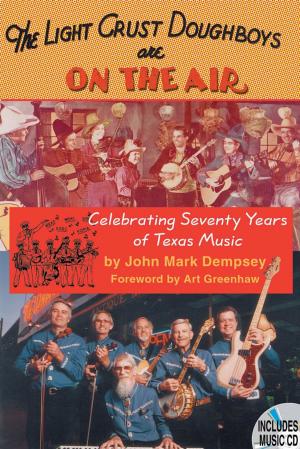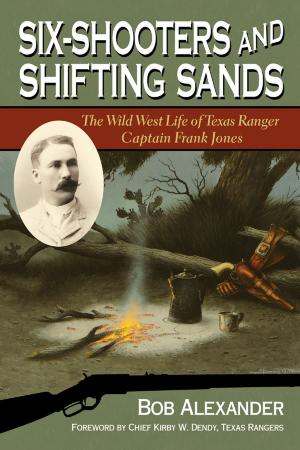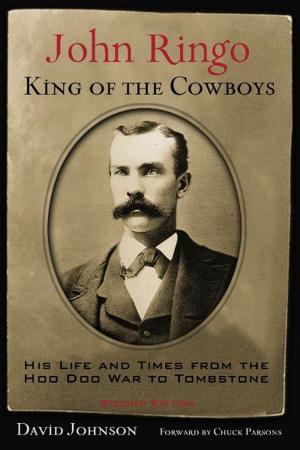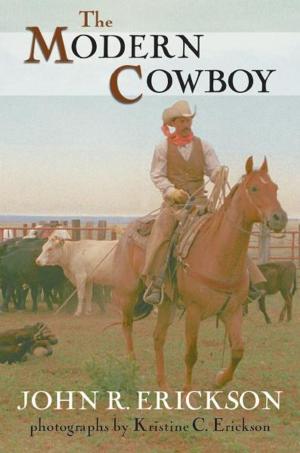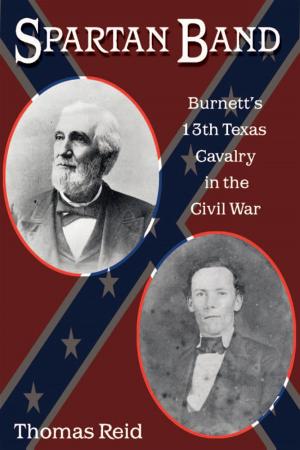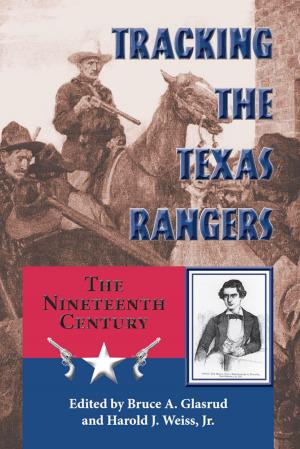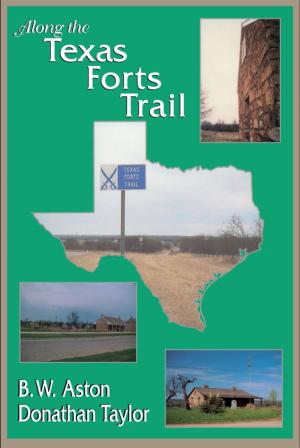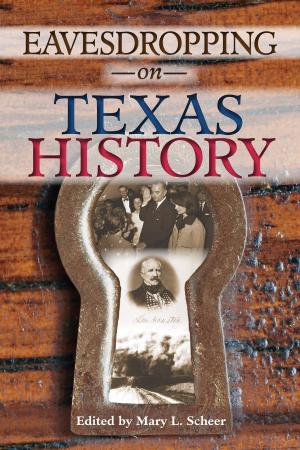Captain J. A. Brooks, Texas Ranger
Nonfiction, History, Americas, United States, 19th Century, Biography & Memoir| Author: | Paul N. Spellman | ISBN: | 9781574413908 |
| Publisher: | University of North Texas Press | Publication: | March 15, 2007 |
| Imprint: | Language: | English |
| Author: | Paul N. Spellman |
| ISBN: | 9781574413908 |
| Publisher: | University of North Texas Press |
| Publication: | March 15, 2007 |
| Imprint: | |
| Language: | English |
James Abijah Brooks (1855-1944) was one of the four Great Captains in Texas Ranger history, others including Bill McDonald, John Hughes, and John Rogers. Over the years historians have referred to the captain as John Brooks, because he tended to sign with his initials, but also because W. W. Sterlings classic Trails and Trials of a Texas Ranger mistakenly named him as Captain John Brooks. Born and raised in Civil War-torn Kentucky, a reckless adventurer on the American and Texas frontier, and a quick-draw Texas Ranger captain who later turned in his six-shooter to serve as a county judge, Brookss life reflects the raucous era of the late nineteenth and early twentieth-century American West. As a Texas Ranger, Brooks participated in the high profile events of his day, from the fence-cutting wars to the El Paso prizefight, from the Conner Fightwhere he lost three fingers from his left handto the Temple rail strike, all with a resolute demeanor and a fast gun. A shoot-out in Indian Territory nearly cost him his life and then jeopardized his career, and a lifelong bout with old Kentucky bourbon did the same. With three other distinguished Ranger captains, Brooks witnessed and helped promote the transformation of the elite Frontier Battalion into the Ranger Force. As a state legislator, he brokered the creation of a South Texas county that bears his name today, and where he served for twenty-eight years as county judge. He was the quintessential enforcer of frontier justice, scars and all.
James Abijah Brooks (1855-1944) was one of the four Great Captains in Texas Ranger history, others including Bill McDonald, John Hughes, and John Rogers. Over the years historians have referred to the captain as John Brooks, because he tended to sign with his initials, but also because W. W. Sterlings classic Trails and Trials of a Texas Ranger mistakenly named him as Captain John Brooks. Born and raised in Civil War-torn Kentucky, a reckless adventurer on the American and Texas frontier, and a quick-draw Texas Ranger captain who later turned in his six-shooter to serve as a county judge, Brookss life reflects the raucous era of the late nineteenth and early twentieth-century American West. As a Texas Ranger, Brooks participated in the high profile events of his day, from the fence-cutting wars to the El Paso prizefight, from the Conner Fightwhere he lost three fingers from his left handto the Temple rail strike, all with a resolute demeanor and a fast gun. A shoot-out in Indian Territory nearly cost him his life and then jeopardized his career, and a lifelong bout with old Kentucky bourbon did the same. With three other distinguished Ranger captains, Brooks witnessed and helped promote the transformation of the elite Frontier Battalion into the Ranger Force. As a state legislator, he brokered the creation of a South Texas county that bears his name today, and where he served for twenty-eight years as county judge. He was the quintessential enforcer of frontier justice, scars and all.
